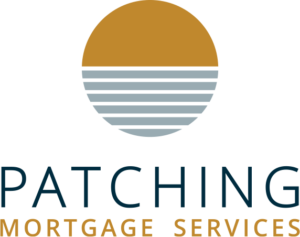
Choosing the mortgage term that is right for you can be a challenging proposition for even the savviest of homebuyers. By understanding mortgage terms and what they mean in dollars and sense, you can save the most money and choose the term that is right for you.
The first consideration when comparing various mortgage terms is to understand that a longer term generally means a higher corresponding interest rate. And, a shorter term generally means a lower corresponding interest rate. While this generalization might lead you to believe that a shorter term is always the preferred option, this is not always the case. Sometimes there are other factors, either in the financial markets or in your own life, which you will also have to take into consideration when you select your mortgage term length.
If paying your mortgage each month places you close to the financial edge of your comfort zone, you may want to opt for a longer term mortgage, for instance ten years, so that you can ensure that you will be able to afford your mortgage payments should the interest rates increase. By the end of a ten year mortgage term, most buyers are in a better financial situation, have a lower principle balance due, and should interest rates have risen, will be able to afford higher mortgage payments.
If you are shopping for a mortgage for an investment property, you will likely want to consider choosing a longer mortgage term. This will allow you to know that the mortgage payments on the property will be steady for a long time and allow you to more accurately project your future income from the property. Choosing the right mortgage term is a unique decision for each individual. By understanding your personal financial situation and your tolerance for risk, a mortgage professional can assist you in choosing the mortgage term which will work the best.

